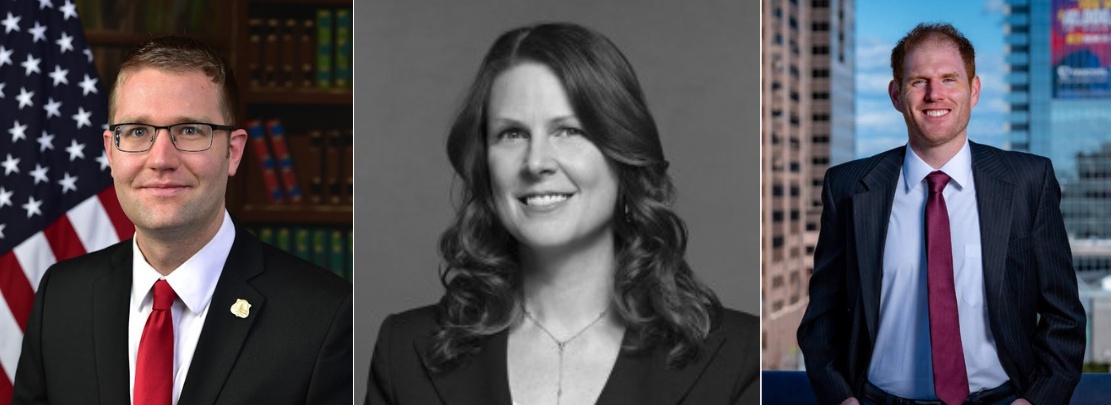Adam Liptak profile for the NYT:
The Ford Foundation, the nearly 90-year-old international philanthropy, is now in the cross hairs of the Trump administration, which has called for scrutiny of the organization as part of a broad crackdown on the left.
In her first interview in her new role, the incoming Ford Foundation president, Heather K. Gerken, said Friday that the foundation, which has a long history of supporting social justice and civil rights initiatives, was undeterred.
Her central priority, she said, was “defending the rule of law and protecting our election system.”…
Vice President JD Vance, himself a Yale Law alumnus, has long been a harsh critic of philanthropies that he said support liberal causes, and of the Ford Foundation in particular.
“Why don’t we seize the assets of the Ford Foundation, tax their assets and give it to the people who’ve had their lives destroyed by their radical open-borders agenda?” he mused in 2021 as a Senate candidate.
He has not let up. In September, Mr. Vance denounced the foundation by name in the aftermath of the assassination of the conservative activist Charlie Kirk, suggesting the administration could go after its nonprofit tax status.
Asked about Mr. Vance’s comments, Ms. Gerken responded with a history lesson.
“When the Ford Foundation funded the civil rights movement, it was a source of controversy,” she said. “It was incredibly important that we were protected in doing that work. When the Ford Foundation stood up to protect free speech and dissent during the McCarthy era, it was incredibly important that we had the right to do that.”…
Ms. Gerken, for her part, insisted that protecting democracy is a nonpartisan goal.
“No one believes that an election system should not be free and fair,” she said. “No one believes that people should not have the right to speak. These are the bedrock commitments of any democracy, and it’s really important to hold fast to them.”
Asked for practical examples of what the foundation’s emphasis on protecting democracy would entail, Ms. Gerken pointed to securing the infrastructure of elections.
“We’re going to do everything we can,” she said, “to protect the ability of election administrators to carry out a free and fair elections, to make sure that every citizen has an opportunity to vote without fear or intimidation and that those votes are properly counted.”…
Ms. Gerken’s fellow election-law specialists said she faces a daunting task.
“The institutions of American democracy are being torched right now,” Professor Persily said. “The question for all of us working in the democracy space is to consider new institutions that might be built from the ashes.”
Pamela Karlan, another voting rights specialist at Stanford, said Ms. Gerken might set an example.
“The Ford Foundation could be a real leader in getting other parts of civil society to start speaking up and pushing back,” she said. “That’s already starting, but there isn’t a clear focal point and she might provide that.”
Ms. Gerken said she also took a long view.
“There isn’t just the work of now, of this moment, which is incredibly important,” she said. “We are also going to need to dream a new democracy into existence.”….
I’m so glad to see Heather in this role, and Ford’s commitment to helping safeguard American democracy. We in this struggle need all the help we can get.


